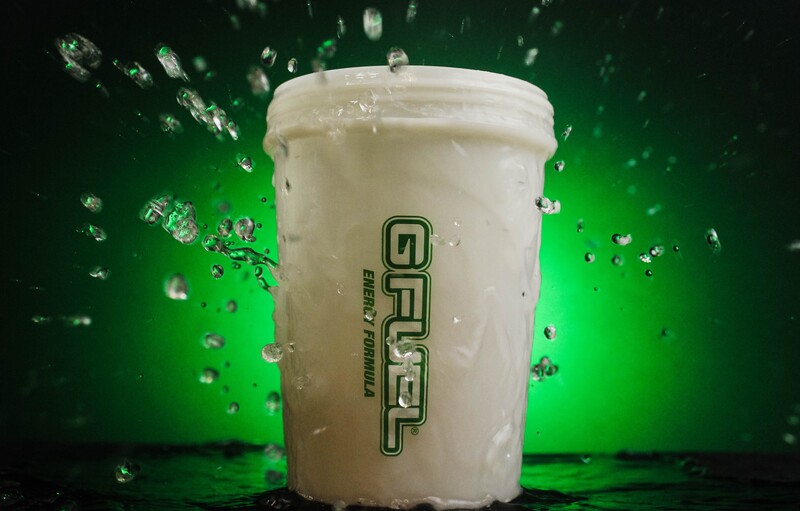Today in news that you will not find shocking, a drink called Hype Sauce may not be a totally healthy beverage choice.
Driving the news: Three flavours of the popular energy drink G Fuel were recalled after Health Canada found that standard cans contained a whopping 300mg of caffeine—without proper labelling to warn consumers how much is safe to drink.
- Canada has strict labelling guidelines for caffeinated energy drinks, including rules that require a warning against mixing with alcohol and a maximum daily serving amount.
For context, 300mg of caffeine is three-fourths of Health Canada’s recommended daily maximum amount for a healthy adult.
- More concerningly, it could be more than three times the recommended max for an adolescent (depending on their weight).
Why it matters: There is a litany of potential adverse health risks that come with too much caffeine, especially for adolescents. And though caffeinated energy drinks aren’t legally allowed to market to children in Canada, they do sell candy-like flavours and have partnerships with video game franchises, influencers, and anime—all popular amongst the younger set.
- A recent study published in the medical journal BMC Public Health looking at Canadian energy drink marketing concluded that “companies are extensively promoting their products… using viral marketing strategies and themes that may appeal to adolescents”
For some anecdotal evidence, two of the banned G Fuel flavours are called Pink Drip and Hype Sauce—two flavours that sound perfect for getting a little boost before a marathon Fortnite session.
Zoom out: As the caffeine content of energy drinks grows, so does their popularity. One analyst told The NYT that they are taking market share once occupied by sodas since “all of them are zero sugar or zero calories,” making them attractive to health-conscious drinkers.—QH
